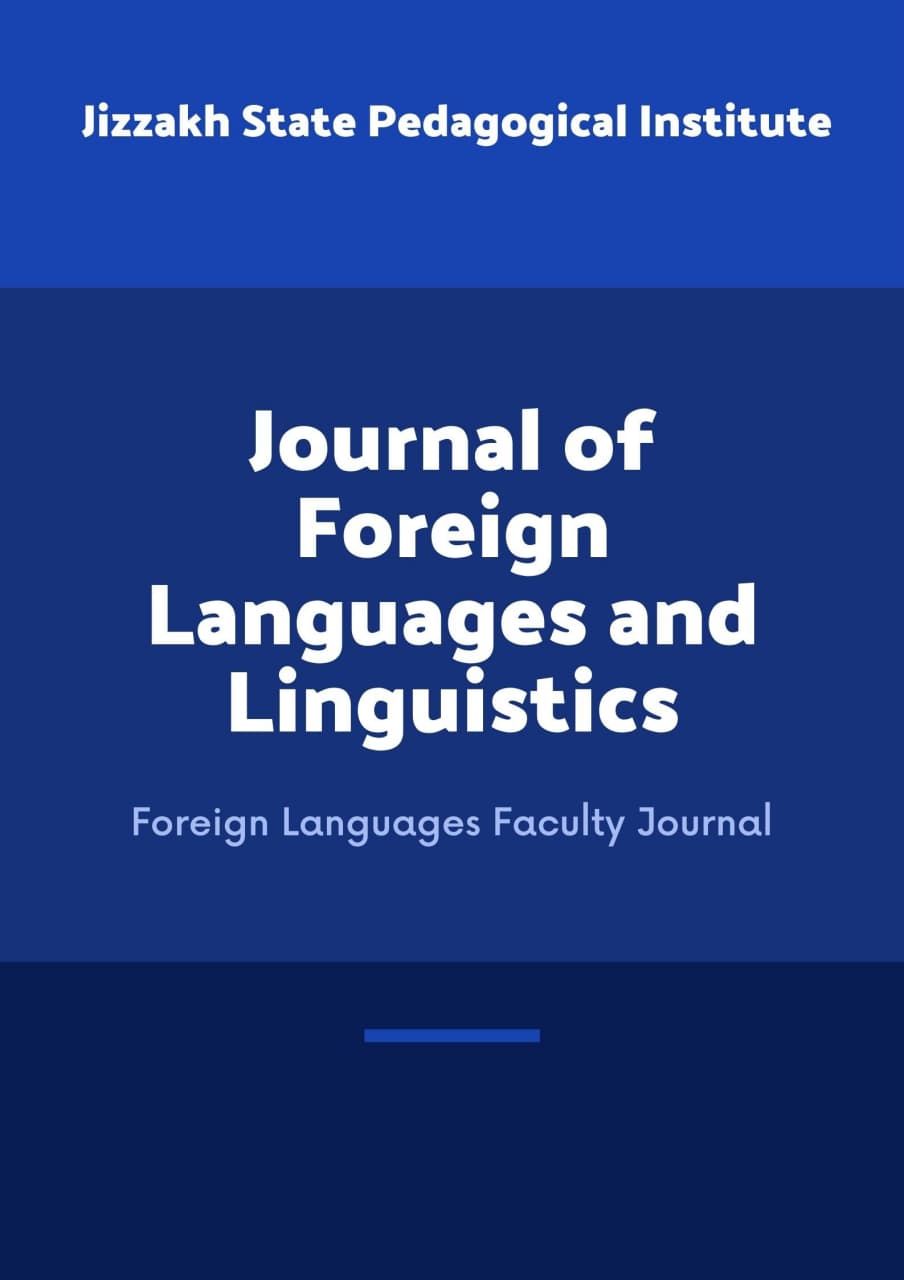Аннотация
This article presents a reflective case study analysis of an
attempt to enhance student learning through the introduction of student-centred
teaching methods in a masters-level social research methods subject. The
introduction of a range of specific techniques, including case study teaching,
problem based learning, group-work, role-play and simulation, is reflected upon.
The article concludes that the re-orientation of the curriculum toward student
centeredness in this case had a positive effect on student performance, learning
experience and subject evaluation. In particular, the use of student-centred
techniques facilitated a strong social context for learning, and provided students
with a common experiential framework from which to explore the technical aspects
of the curriculum. However, the analysis also found that students continued to
place value on more formal teaching methods, and that the value of student-centred
techniques in this case rested in the way in which they were integrated with more
didactic teaching practice.
Как цитировать
Библиографические ссылки
Benson, A. & Blackman, D. (2003) ‘Can research methods ever be interesting?’,
Active Learning in Higher Education 4 (1): 39-55.
Brookfield, S.D. (1990) The Skillful Teacher: On Technique, Trust and
Responsiveness in the Classroom, San Francisco: Jossey-Bass Publishers.
Bruffee, K. (1993) Collaborative Learning: Higher Education, Interdependence,
and the Authority of Knowledge. Baltimore: The Johns Hopkins University Press.
Cooper, C. L. (1979) Learning from others in groups: experiential learning
approaches,Westport: Greenwood Press.
Geelan, D. R. (1996) “The Empty center: Does student-centred learning imply
abdication or role redefinition for educators?” in Different Approaches: Theory and
Practice in Higher Education. Proceedings HERDSA Conference 1996. Perth,
Western Australia, 8-12 July. Gibbs (1992) Assessing More Students, Oxford: Oxford
Brookes University.
Glanz, J. (1998) Action research: an educational leader’s guide to school
improvement, Norwood, Mass: Christopher-Gordon Publishers.
Hativa, N. (2000) Teaching for Effective Learning in Higher Education, Dordrecht:
Kluwer Academic Publishers.
Hein, G. E. (1991) ‘Constructivist Learning Theory’ paper presented at CECA
(International Committee of Museum Educators) Conference, Jerusalem Israel, 15-22
October 1991.
Jadallah, E. (2000) ‘Constructivist Learning Experiences for Social Studies
Education’, The Social Studies 91 (5): 221 – 225.
Авторы
Mushtariy Ismoilova
JIZZAKH STATE PEDAGOGICAL INSTITUTE
Ключевые слова:
research methods; student-centred learning; small group teachingВыпуск
Раздел: Статьи
Copyright (c) 2022 Журнал иностранных языков и лингвистики

Это произведение доступно по лицензии Creative Commons «Attribution-ShareAlike» («Атрибуция — На тех же условиях») 4.0 Всемирная.


